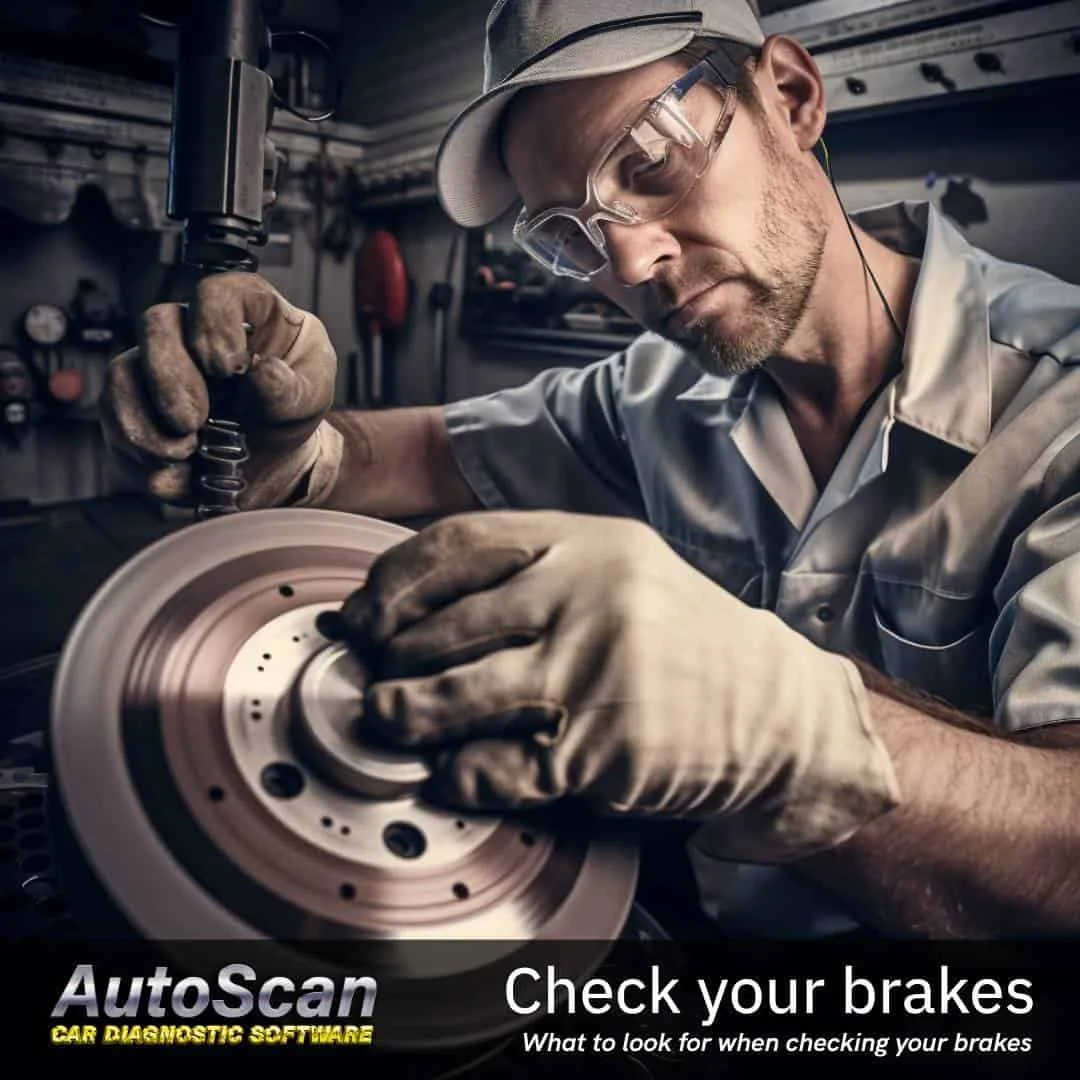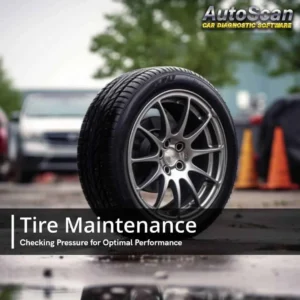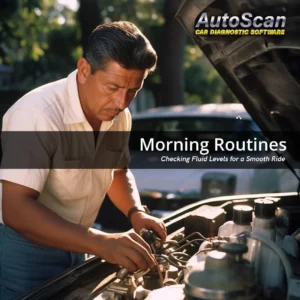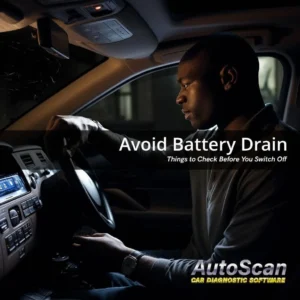Top 5 Signs Your Brakes Need Checking
Brakes: Your Vehicle’s Lifeline
Every time you hit the road, your brakes play a pivotal role in ensuring not just your safety, but also the safety of others around you. Recognizing the signs of wear or malfunction can mean the difference between a close call and a calamity. Here are the top five signs that should prompt you to check your brakes without delay.
1. Unusual Noises
If you hear a high-pitched squeal when applying your brakes, it could be the built-in brake pad wear indicators. These are designed to make noise when the brake pads are worn out and need replacing. Grinding noises, on the other hand, might suggest that the brake pads are completely worn, causing metal to rub against metal. This can damage the rotors, leading to a much costlier repair if ignored.
2. Warning Lights
Modern vehicles come equipped with a dashboard warning light, which is connected to sensors that monitor the brake pads. If this light illuminates, it’s a clear sign that you should check your brakes. Remember, even if the light goes off, the initial trigger for its activation should still be investigated.
3. Reduced Responsiveness
If your brakes aren’t as responsive as they used to be, or if the pedal “sinks” towards the floor, it could indicate a leak in the braking system. This could be an air leak (in the brake hose) or a brake fluid leak. Noticing any wet spots on the garage floor? That brake fluid might be the culprit.
4. Vibrations
A vibrating brake pedal often indicates warped rotors. Rotors can become warped if they’re stressed beyond their limit, often from extended periods of braking, like when driving down a steep mountain. Another cause could be misaligned wheels.
5. Pulling to One Side
If your vehicle seems to be pulling to one side when you brake, it could mean that the brake linings are wearing unevenly or that there’s foreign matter in the brake fluid. Either way, a brake check is definitely in order, and you may need to get your brakes adjusted or the fluid replaced.
Conclusion
Brakes are, without a doubt, one of the most vital components of your vehicle. Regular check-ups and being attuned to the signs of wear or malfunction can save not just money, but lives. Whenever in doubt, always prioritize safety and consult with a trusted mechanic.
FAQs:
- How often should brakes be checked?
Generally, brakes should be checked at least once a year or every 12,000 miles, but always consult your vehicle’s manual or a trusted mechanic for specific recommendations. - Is it normal for brakes to make some noise?
While occasional light noises can be normal, persistent or loud noises, especially grinding or screeching, should be addressed immediately. - How long do brake pads typically last?
The lifespan of brake pads varies based on driving habits, environment, and the type of brake pad used. However, on average, they can last between 30,000 and 70,000 miles. - Can I check the brakes myself?
While you can do a basic visual check, it’s recommended to have a professional inspect your brakes for a thorough assessment. - What’s the difference between brake pads and brake rotors?
Brake pads apply pressure and friction to the brake rotors, which are the discs that spin with the wheels. Together, they help slow down or stop your vehicle.





